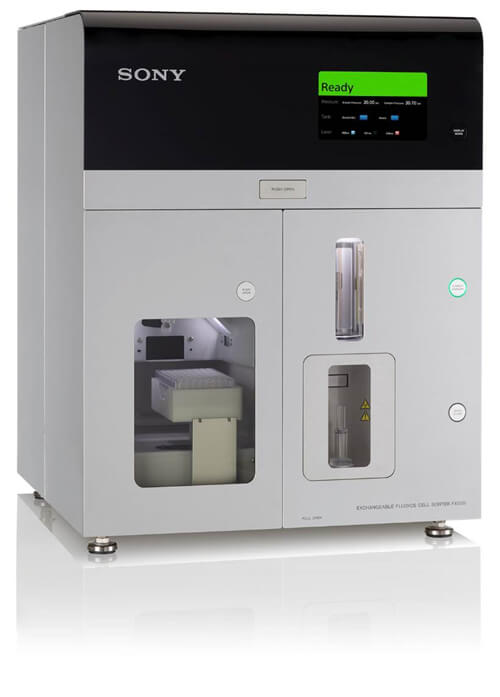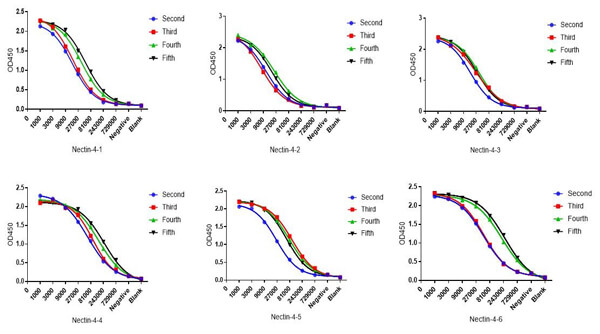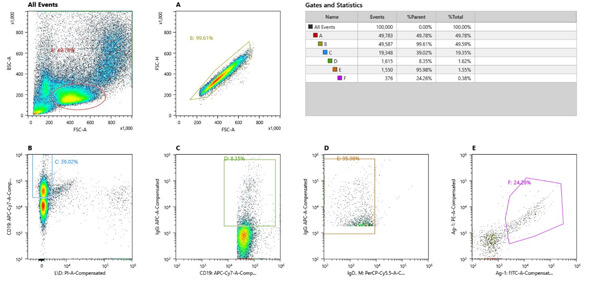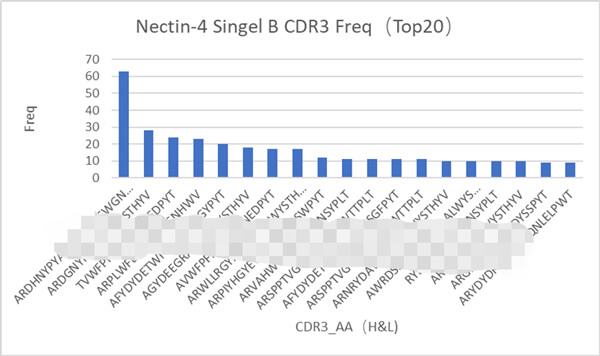
서비스분야
현재 위치:홈 > Services & Solutions > Biology Services > Single B Cell antibo...
Single B cell antibody discovery technology is a newly developed technology for developing monoclonal antibody in recent years. This technology has the advantages of fast speed, high throughput, and natural pairing of the variable region of heavy and light chain. It is one of the new and efficient antibody discovery technology.
Monoclonal antibodies (mAbs) are important tools for many diagnostic applications and research. In addition, monoclonal antibodies have become an ideal therapeutic product for many diseases, and have been well used in the treatment of cancer, autoimmune diseases and infectious diseases. A number of techniques are used to generate monoclonal antibodies for research and therapeutic purposes. Single B cell antibody discovery technology is a newly developed technology for developing monoclonal antibody in recent years. This technology has the advantages of fast speed, high throughput, and natural pairing of the variable region of heavy and light chain. It is one of the new and efficient antibody discovery technology.
The principle of single B cell antibody discovery technology is that each B cell contains only a pair of functional heavy chain and light chain and each B cell has the characteristic of producing only one specific antibody. Therefore, the antibody coding sequence can be amplified directly from a single B cell to obtain a monoclonal antibody.
Depending on the research application, single B cells can be isolated randomly or antigen-selectively from peripheral blood or lymphoid tissues (bone marrow, spleen). For the isolation of B cells, current single B cell sorting technology include flow cytometry, magnetic bead cell sorting, micromanipulation, laser microdissection, and microfluidic sorting. Fluorescence activated Cell Sorting (FACS) is a mature and effective single cell sorting technology.

Construction of complementary DNA (cDNA) from a single B cell provides an efficient method for simultaneous analysis of expressed IgH and IgL genes. Typically, single B-cell cDNA synthesis is performed in equipment used for cell deposition and cell lysis (96-well plates, nanowell chips, etc.), which ensures easily handling of large numbers of samples and minimizes the risk of cross-contamination. Full-length Ig variable region gene transcripts were amplified by nested PCR, and RT-PCR products were used as samples for the first round of PCR for further reactions.
Regardless of the Ig variable region gene amplification strategy used, the transcriptional information of the Ig variable region genes encoding antibody-specific single B-cells was subsequently sequenced. Then using various databases such as NCBI's IgBLAST and IMGT, the rearranged V, D and J gene segments can be easily identified and analyzed for mutations, insertions and deletions.



 관련 실험실
관련 실험실





